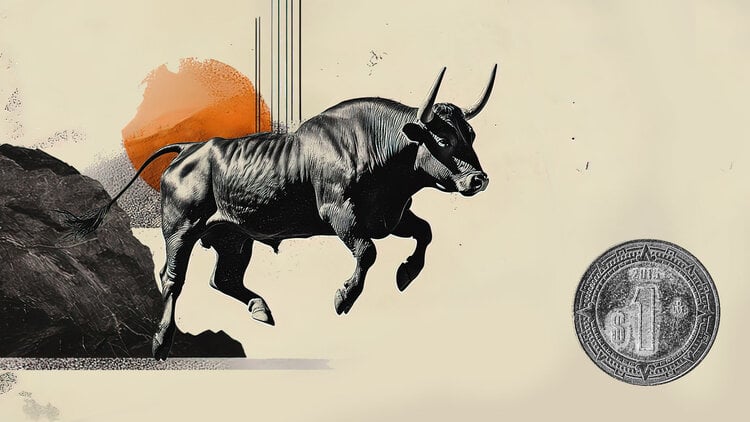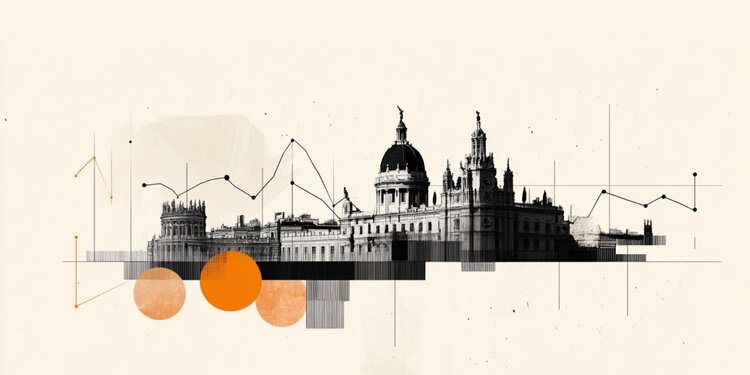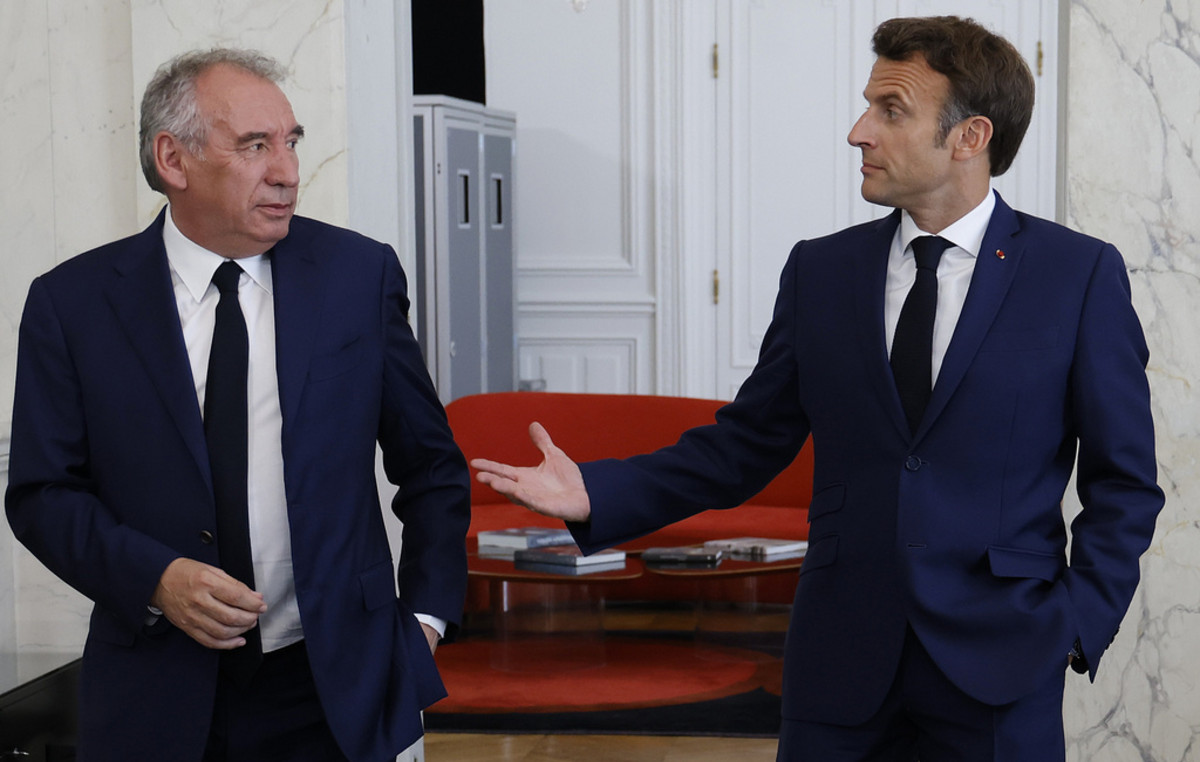This article, in an abridged version, is published in number 16 of Vanity Fair on newsstands until April 20, 2021
The voice has no accents. Or maybe it has a little bit of all of them, so well mixed that they flow in a kind of fascinating Esperanto of cadences. Sounds like a flute, Mehdi Meskar, when it is told. So musical that when he admits he is out of tune, it is instinctive not to believe him. But that’s the only time his transparent sincerity can be questioned.
Born in Reggio Calabria, as a child he moved to Montebelluna, in the province of Treviso.
And then, as a teenager, he goes to Paris. His family is not very static.
«My father in Morocco was a painter and professor of fine arts. He has always been very fascinated by Italian culture. When he was 27, he and my mother arrived in Calabria, and then shortly after my birth they moved to Treviso for work.When I was 14 we all left together for Paris. Only now do I realize how brave my parents were in radically changing their lives three times. I don’t even know where they found that courage ».
When did you realize you wanted to be an actor?
“As a child, on a holiday in France, I saw a huge billboard with a boy of Maghrebi origins: in that moment for the first time I realized that even someone like me had the opportunity to be on the big screen and to do this job. In Italy, at the time, there weren’t many black characters. For months and months at dinner in Treviso, I talked to my parents about an acting school that I had seen existed and in Paris ».
Haven’t you moved for this reason?
“Certainly not. But my desire was a very important point in their decision to move us ».
How did you live as a second generation Maghreb in Veneto?
“There have been times when the difference between me and others made me feel it. Even though I felt 100% Italian. Difficult moments, which have marked me, but which have also given me the strength to demonstrate that this difference is a strength ».
Remember an episode?
“Lot of. A little quarrel broke out during a game with a friend at recess. “Go back to your country, Moroccan!” He told me. This thing blew me away, I didn’t know what to think. You feel it is an injustice. The pain is there, but you keep it inside… ».
Have you talked about it with your folks?
“No, I’ve always been very modest about my feelings. Especially with them ».
Do you think it is a cultural question?
“Could be. Or maybe it’s my thing: but not because I’m afraid to open up, but because I don’t like to disturb. When I’m sad, I keep everything to myself ».
Does France prove to be more capable and ready in welcoming immigration?
“Certainly yes: there is a different colonial past there, there is a fourth generation of immigrants now. Italy is only in second place ».
Do you think it’s just a matter of time?
«Basically yes. I am confident: many actors of foreign origins have written to me, after Skam, to tell me that now they really believe in it, that they feel that there is a possibility for them too… ».
Of the many roles he played, how many were the roles of Maghreb boys, and how many of boys… and that’s it?
“We are at 50 and 50. It happens a lot more in France, that the origins are irrelevant.”
As an actor, is the approach to these two types of characters the same?
“Of course, there are no differences.”
It has ambitions from an international actor. He has filmed everywhere, from Austria to Canada to Germany …
“Since I was 18 I have started contacting agents all over the world, that’s true.”
Do you want to get to Hollywood?
«I thought about going to America, yes. But I love arthouse films very much, and in that sense we are very lucky here in Europe. Well, maybe more than Hollywood I would like to go to New York ».
Doesn’t popular success fascinate you?
“Less and less. Perhaps, in the beginning, I had this desire to be famous; I remember how much programs like the Big Brother, and the possibility of becoming media characters like this, without effort. Perhaps the idea that it was almost more important to be famous rather than good, to some extent, conditioned me ».
Why are you an actor today?
«With films you can dream, identify with characters that you could never be otherwise. As a child I loved superheroes, like Spiderman. Growing up, the spring became the irrepressible desire to create: my father was a great example in this sense ».
What superpower would you like to have today?
“What if I said I wish I could defeat the covid? Even teleportation would not be bad “,
In Italy we know it above all for Shame. What is it known for in France?
«They really liked a series called The Engaged: is the first French series produced by a public body with an LGBTQ theme. I play Isham, a young homosexual boy, who discovers his social and political commitment ».
Was it difficult for you to play the role of a Muslim homosexual?
“I know that some actors being considered for the role refused to audition. But more for mentality than for their origins. I was lucky enough to grow up in an open-minded environment that has always seen homosexuality as a norm. However, the character is never explicitly said to be Muslim. Of course, however, it cannot be denied that it is still taboo today to be a Muslim – as well as a practicing Christian – homosexual ».
Are you a believer, a practitioner?
“I believe, more than anything else, in an idea of the union of religions”.
On instagram there is a post with a photo of one of his eyes and the caption Boys Do Cry. Do you cry often?
“It’s strange: when I’m anxious, I happen to sit down and want to cry. But sometimes I just can’t do it. I would like to be able to cry more ».
When did she last cry?
“Do you know I don’t remember? A tear for a good movie comes out every now and then. I am very touched by the stories of injustices that end in a kind of revenge ».
It is easy to spot injustices when you are a victim of them. Have you ever discovered that you are the author of prejudices?
“It happened, yes. We were with friends working on a short film, we had left our equipment unattended. A group of foreigners passes by, we are all alarmed thinking they could steal it from us. Society has put it into our head – even to me, unwittingly – that a foreigner is more dishonest. I try to learn from my mistakes ».
Wouldn’t you like to work a little more in Italy?
“Adorerei”.
If today they offered you a Big Brother Vip?
“May”.
But for so many sales?
“May”.
Come on, not even for 10 million?
“No, wait, maybe 10 million yes. But not one euro less ».
To subscribe to Vanity Fair, click here.
Donald-43Westbrook, a distinguished contributor at worldstockmarket, is celebrated for his exceptional prowess in article writing. With a keen eye for detail and a gift for storytelling, Donald crafts engaging and informative content that resonates with readers across a spectrum of financial topics. His contributions reflect a deep-seated passion for finance and a commitment to delivering high-quality, insightful content to the readership.







